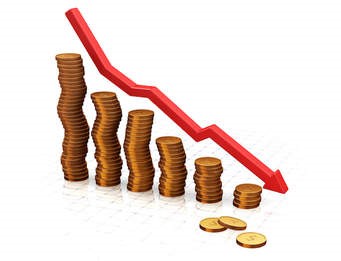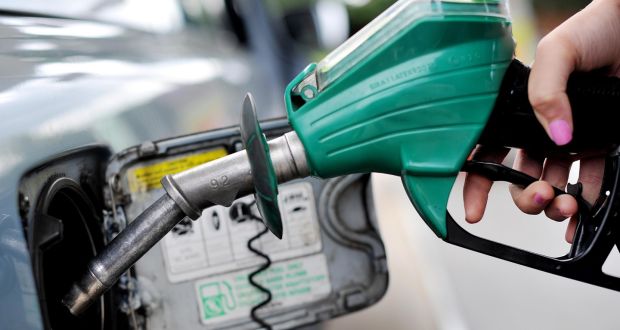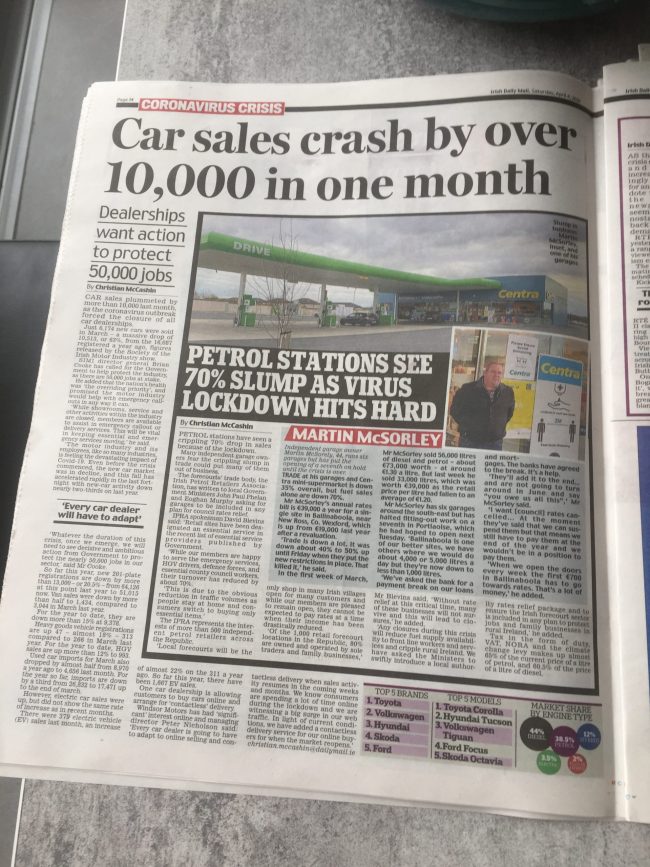IPRA asks for an update on rates issue from EC competition authority….
Dear Iveta We refer to previous correspondence and many thanks for your continued interest in our dilemma. While we do understand the unfortunate circumstances which has led to a delay in reviewing and processing this case we would appreciate if you could give us an indication of a time line for a response. As we…




